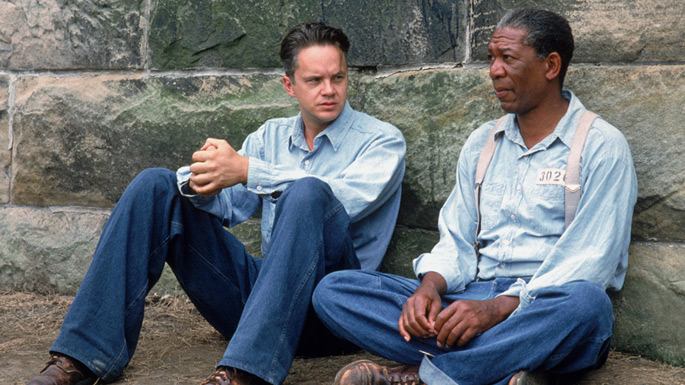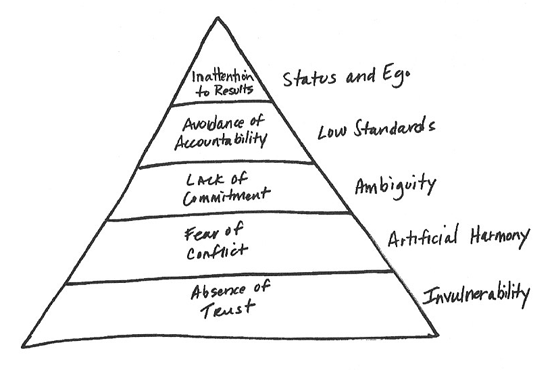A Brand New Year
A brand new year stretches before us, an uncertain road not yet traveled. Traditionally a period of festivity and reflection, the close of each year takes us tumbling through a mishmash of memories – twelve months worth of joys and sorrows, lucky breaks and challenges, resolutions and regrets.
We giddily relive the delicious moments of dancing until dawn, the kiss that took our breath away. Reminiscing on the joy weddings and the arrival of new family members brings the comforting warmth of nostalgia. The exhilaration of new projects and challenges – plans for a new home, a promotion, college acceptance – inspires us with a sense of purposeful anticipation, yearning and optimism for the days ahead.
In contrast, many of us find ourselves facing the New Year with trepidation; we feel weighed down by the not so awe-inspiring occurrences of the year just passed. Our eyes cloud with tears as we reflect on the loss of a loved one gone too soon. The insecurity of not having a stable income, or the pain of living with a critical illness may leave our stomachs in knots. We find ourselves plummeting into despair again and again, as we recall the feelings of loneliness, guilt and betrayal caused by broken friendships and relationships. There is inevitably a string of goals not met, bills not paid, pounds not lost, addictions not conquered and exams not passed. A general sense of foreboding hangs as thickly as a dark fog – a never-ending news of war and famine, recession, political turmoil and protests worldwide.
The Search for Meaning

Viktor Frankl was an Austrian holocaust survivor. In his best-selling book ‘Man’s Search for Meaning’, he details the experiences of daily life in Nazi death camps from the unique perspective of a neurologist and psychiatrist. He lost everything, his possessions, his wife and his family, and yet concluded that even in the circumstances of the worst kind of suffering imaginable, it is possible for life to have meaning. Based on his experience, the differentiating factor between the people who died in the Nazi concentration camps and those who survived, was their attitude. Viktor Frankl’s writings challenge us to adopt an attitude of responsibility, which focuses on the future. He asks us to ask ourselves what we will offer to life, instead of brooding over what life might owe to us.
Our Lives Only Become Rich with Gratitude
The most important lesson I plan on taking into the future can be expressed in a single word – gratitude. Gratitude consists of being fully aware of your current circumstances and being able to recognize the good that exists, no matter how small.
““In ordinary life we hardly realize that we receive a great deal more than we give, and that it is only with gratitude that life becomes rich.” ― Dietrich Bonhoeffer
As we stand at the threshold of a new year, take a moment to think about how much you have been given. It is mind-boggling to try to fathom the effort that has gone into giving us the lives we enjoy, simply by virtue of having been born in the 20th century. Only a genius can fully understand the intricate science and technology used to develop and manufacture the laptop or smart phone on which you are reading this post. Consider the time and effort that went into making the clothes you are wearing now, the last meal that you ate and the transportation you take each day. Could you reproduce it on your own? Reflect on all the brilliant minds over thousands of years that devoted themselves to inventing and perfecting all the luxuries we enjoy today. Countless men and women cared enough to make their lives count so that we can all enjoy better standards of living today. Life has given us so much more than we can ever return to it.
“Gratitude unlocks the fullness of life. It turns what we have into enough, and more. It turns denial into acceptance, chaos to order, confusion to clarity. It can turn a meal into a feast, a house into a home, a stranger into a friend. Gratitude makes sense of our past, brings peace for today, and creates a vision for tomorrow.” – Melody Beattie
I challenge you to make this your year of gratitude:
- Commit to spending just a few minutes each day quietly reflecting on the good things in your life.
- All day long, make a habit of noticing all the good around you, the people, companies and technologies that serve you.
- Develop the habit of consciously feeling grateful, all the gifts life has presented to you.
- Express your appreciation. Say “thank you” as often as possible, to as many people as possible.
Start Something that Matters
Right now, instead of focusing on the wrong that may have been done to you, focus on all the gifts you have been given. Instead of focusing on what you haven’t done in the past, focus on what you can do in the future. Instead of becoming overwhelmed by negative experiences, think of ways to create positive experiences for yourself and others. Banish apathy and fear. Make a decision to do all that you can do, and be the best that you can be. Take responsibility for the good that you can create in the world.
Below is a link to David Bowden’s performance of his poem titled “Start Something that Matters”, inspired by the eponymous book authored by the founder of the TOMS shoe company. I found it uplifting, and I hope you do too.
Paint all you painters, paint something that captures.
Write all you writers, write something that answers.
Build all you builders, build something that shelters.
Start all you starters, start something that matters.
May this be your BEST year EVER!













